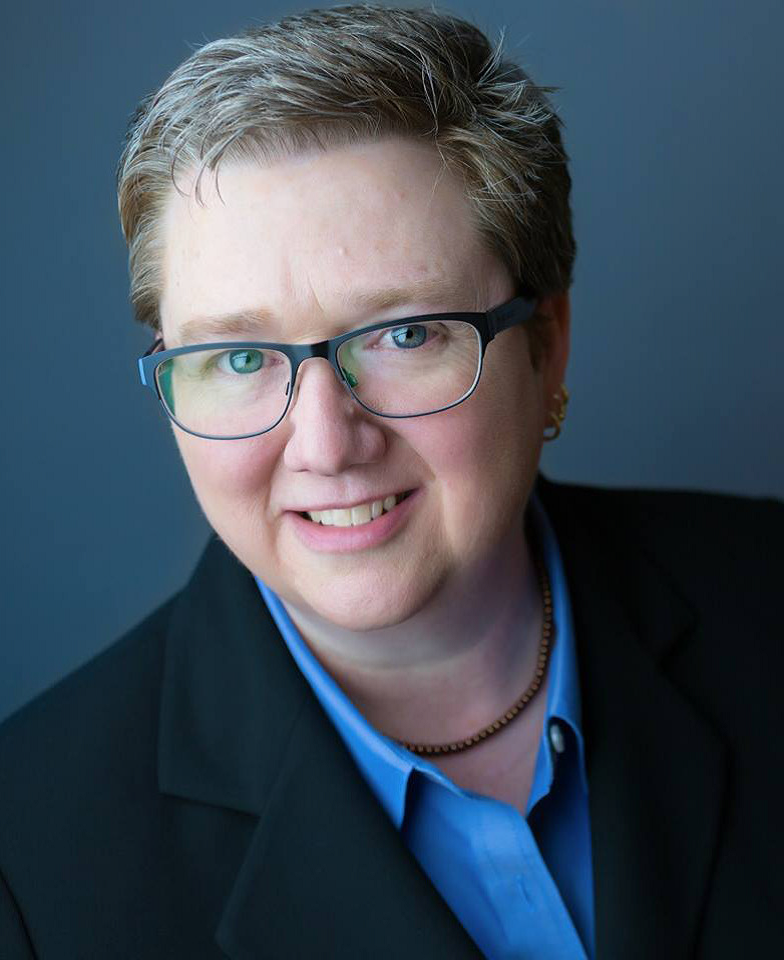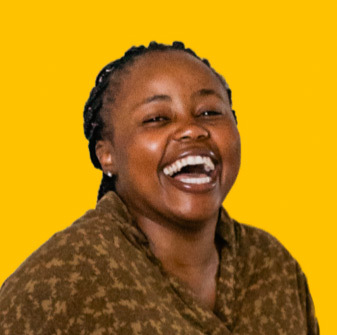By Sam McClure
The LGBT Health Resource Center of Chase Brexton Health Care
This week marked National Health Center Week 2020, an annual celebration to raise awareness about the missions and accomplishments of America’s health centers over the past fifty years, including Chase Brexton Health Care. The theme for this year’s event was, “Lighting the Way for Healthier Communities Today and in The Future,” which I find very inspiring.
Community Health Centers serve as a beacon of strength, service, and care in their communities. Personally, I am very proud to work in a community health center and to lead the LGBT Health Resource Center of Chase Brexton. In fact, this amazing institution’s history is what drew me in when I was exploring opportunities for the next chapter of my career.
The nation’s first community health centers were launched as a small demonstration program under President Johnson’s Office of Economic Opportunity. Community health centers’ roots in the civil rights movement and the war on poverty means we leverage the care we provide to change the health and lives of the people we serve. Today, Community Health Centers serve as the primary medical home for over 29 million people in more than 12,000 rural and urban communities across America.
I experienced a more personal encounter with Chase Brexton’s own history before I even started working here. Located on the second floor of our building at 1111 North Charles Street in the heart of the Mt. Vernon neighborhood of Baltimore is a mural timeline designed and created by longtime Chase Brexton staff member Alicia Gabriel. The timeline traces Chase Brexton’s history, beginning with our founding in 1978 as an all-volunteer-run gay men’s health clinic. Our work took on a new and difficult challenge in the early 1980s when we were on the front lines of the fight against HIV and AIDS. Across a huge swath of wall, the timeline highlight’s Chase Brexton’s milestone moments alongside iconic cultural touchstones in our nation’s history.
In those early days, Chase Brexton providers were just beginning to face the HIV and AIDS crisis, which would become a global pandemic and eventually kill more than 700,000 people in America and more than 32 million people across the world. Among the images on the timeline is the Names project memorial quilt laid out on our National Mall in Washington, D.C. I was there, and like many people, probably some of you reading this today, I walked through, row by row, reading the names that were lovingly stitched and quilted into the squares of fabric.
As I did so, I experienced an eerie feeling of familiarity, even when viewing names I had never known before that day. The wave of grief was jarring, and yet there were also layers of love, peace, and gentleness that I will never find words to describe.
That image on our timeline brings it all back to me, and reminds me that Chase Brexton was there for Baltimoreans at that moment. We became a Federally Qualified Health Center in 1999, and our roots as an LGBTQ Health and HIV Care center of excellence remain strong, vibrant, and growing to this day. Now we stand proud alongside all Community Health Centers around the nation, here for our communities as we face another global pandemic.
Sam McClure is the director of The LGBT Health Resource Center of Chase Brexton Health Care. To learn more about the center, visit resourcecenter.lgbt. To explore more about the history of Community Health Centers and Health Center Week, visit healthcenterweek.org.


